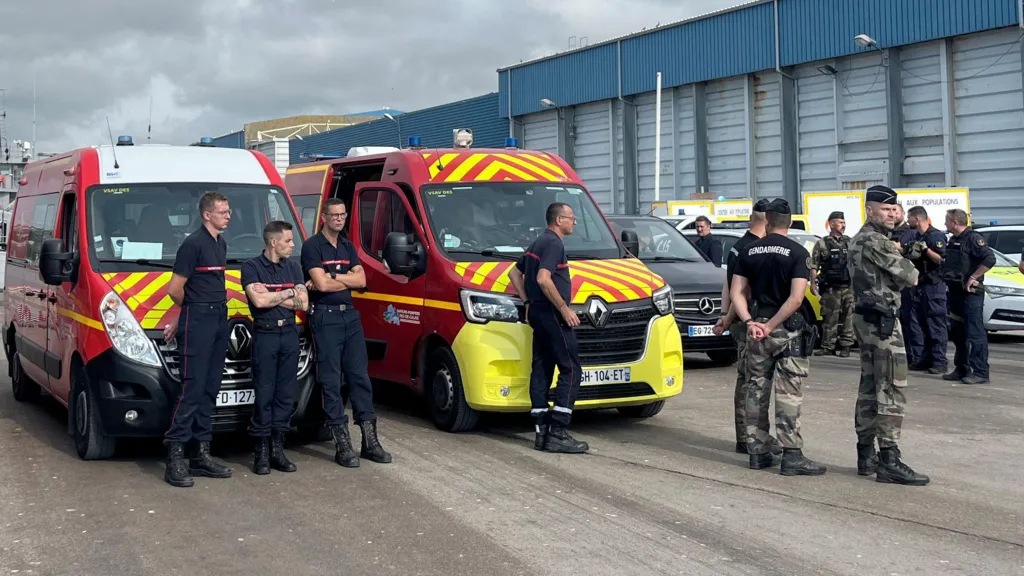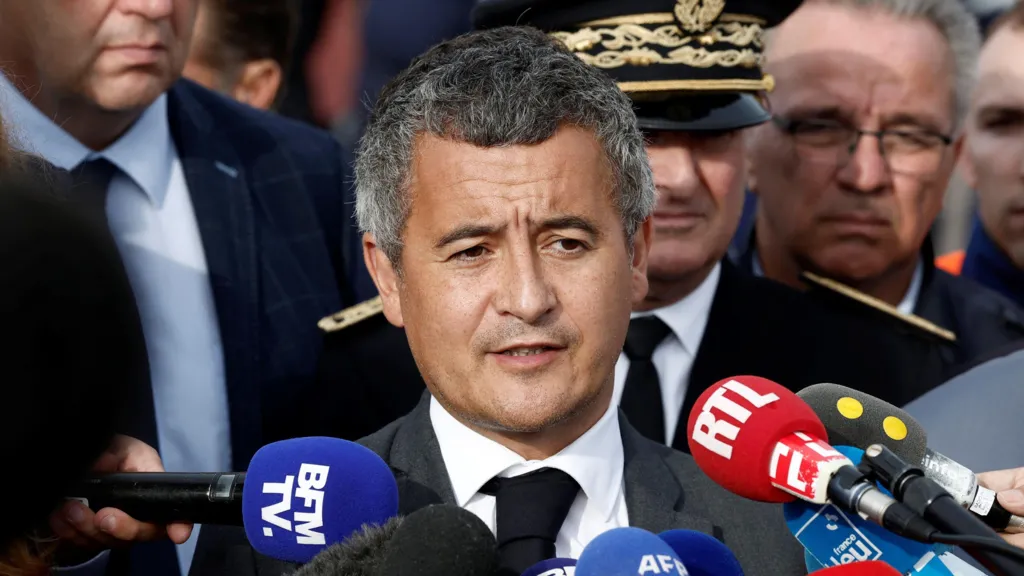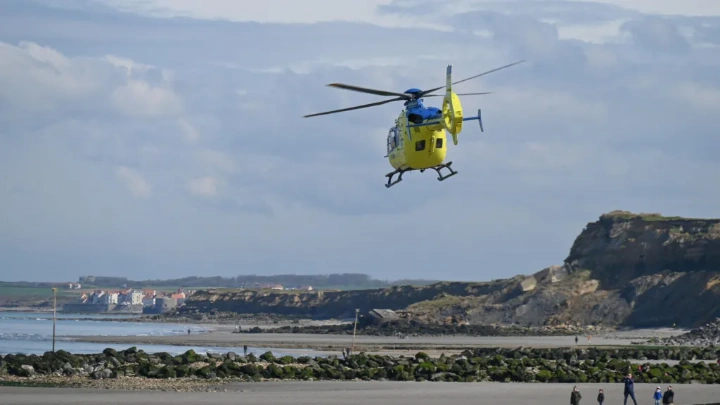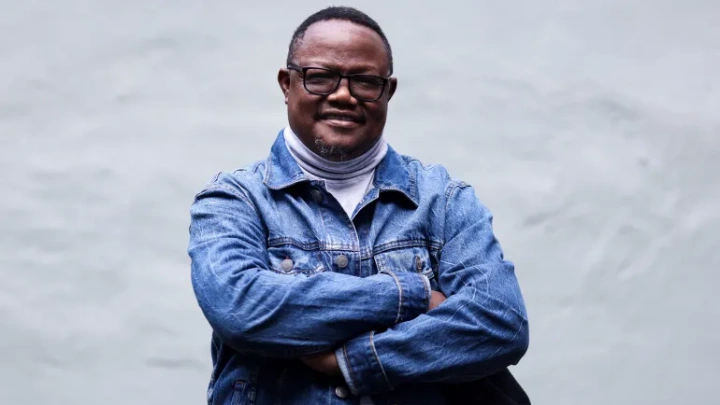France sees Channel migrant deaths as a problem of Britain's making
BBC || Shining BD
The French rescue workers packed up their gear with well-practised efficiency. The medical tents. The stretchers. The security cordons.
Shortly after the last bodies had been driven away from the quayside in Boulogne, the remaining ambulances and red emergency vehicles drove off too, leaving only a handful of officials standing in the fading light beside a few frayed fishing nets near the harbour wall.
“It’s so upsetting,” said Frederic Cuvillier, Boulogne’s mayor, reflecting on the way this long, constantly evolving migrant crisis has reshaped - and traumatised - France’s northern coastline.
On Tuesday six children and a pregnant woman were among 12 people who died after a boat carrying dozens of migrants sank off the coast here, in the English Channel.
“These people flee death and end up dying here. Mothers, children… convinced they will find a better life across the Channel,” said Cuvillier, gesturing west, towards a grey sea.
In the immediate aftermath of such incidents there is - I have noticed, after witnessing several already this year - a widening gap between the way the French and British react.
In the UK, officials have been quick to focus on - and to condemn - the smuggling gangs. Each incident, each death, is seen as the result of cynical criminal activity. Which, of course, it is.
Once again, the smugglers crammed far too many of their paying clients into what appear to be increasingly flimsy boats, with nowhere near enough life jackets.
Here in northern France, the police have a similar focus. They are preoccupied with the task of trying to patrol ever larger stretches of their increasingly militarised coastline. They now have more manpower, buggies, night-vision equipment, and special drones that can detect groups of migrants hiding in the dunes.
But the police are aware that, as they expand their operations - much of it now funded by British taxpayers - the smuggling gangs are responding, finding new ways to cross, and often putting the migrants themselves at ever greater risk as a result.
The gangs now launch their boats inland, from canals, or way down the French coast, meaning far longer journeys to cross a busy stretch of water crowded with commercial shipping and tugged at by powerful tides.
The gangs pack more people inside inflatable boats of ever more dubious quality - sometimes 90 people in a boat designed, or barely designed, to hold 40. It’s a problem exacerbated as the authorities succeed in disrupting the supply of boats brought to the coastline from deep within Europe.
And, increasingly, the smugglers use violence too. Stones hurled at police on the beaches. Sometimes knives brandished too.

I was recently shown footage by police at a local gendarmerie of what looked like another pitched battle on a beach at dawn, with riot-shielded police defending themselves against a hail of rocks. I witnessed a separate battle myself in April.
The smugglers’ aim is to buy themselves a few precious seconds to get their boats and their passengers into the water, after which the police - concerned they may be blamed for putting people at even greater risk - rarely intervene.
But while the police have their duties and dangers to face, for French politicians and civilians in resort towns scattered along this coastline, the reaction to yet another deadly incident is not to focus on the criminality of the smugglers, but on the motives of the migrants, on what still drives so many of them to attempt this dangerous crossing.
And the blunt conclusion, repeated to me so often – by local mayors, by pensioners, by couples out walking their dogs on beaches where they now fear they may come across bodies washed ashore - is that this is Britain’s fault.
Having watched this crisis evolve over decades, from the camps around the Channel tunnel and the ferry ports, to this more recent phenomenon of small boats, many French people deeply resent the way their own lives and communities have been transformed by a crisis they see as British-made.
France’s interior minister, Gerald Darmanin, spoke of it on Tuesday at the harbour in Boulogne.

He did condemn the smugglers, but most of his comments focused on the lure of what he views as Britain’s loosely regulated job market, that acts like a magnet, drawing young Eritreans, determined Sudanese, Afghans, Syrians and Iraqis to this coastline, convinced that they if they can just make it across this last, short stretch of water - or even half way across - they’ll end up in a country where they can find work, even without the right paperwork.
Darmanin called, as he has done many times, for a new migrant treaty between Britain and the European Union.
In doing so, he touched on a widely-held belief here in France, which is that however much effort is put into tackling the smuggling gangs it will never be enough. That this is a crisis fuelled by the demands of tens of thousands of determined migrants, rather than by the profit-seeking motives of a loose network of criminals.
And there is another difference between the way Britain and France react to such moments. You can see it in the newspaper and television headlines.
The small boat crisis may be big news in the UK, but in France - a country currently preoccupied by its own political turmoil and, frankly, tired of the situation on its northern coastline - even twelve deaths in the Channel barely make headlines.
Shining BD






















